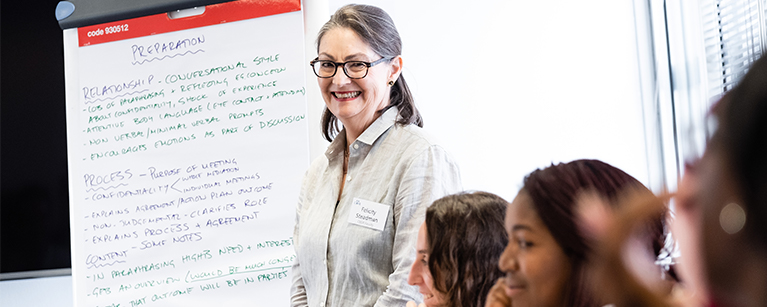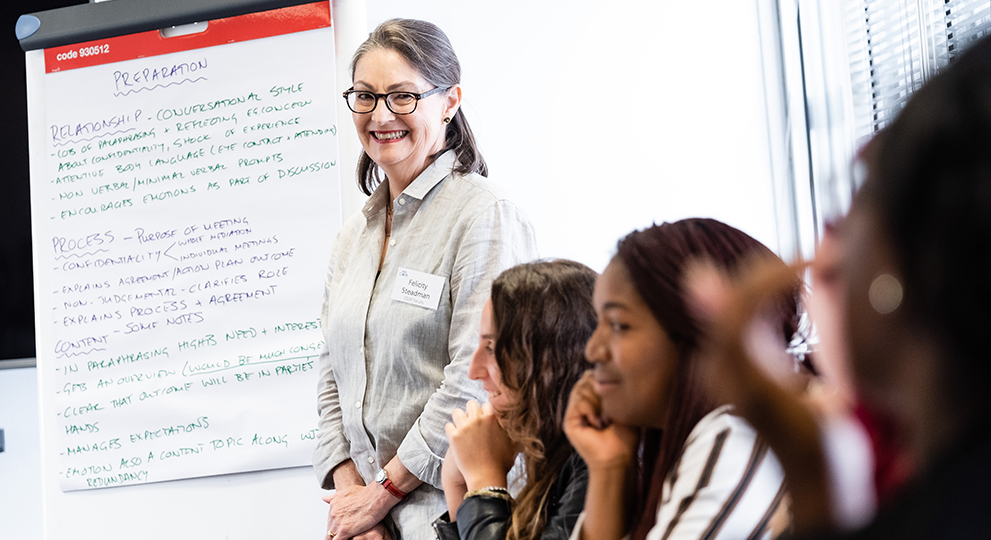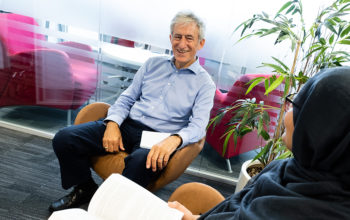01
What is Mediation?
Mediation is a flexible process conducted confidentially in which a trained neutral mediator actively assists people and/or organisations to work towards a negotiated agreement of a dispute. Both parties are in ultimate control of the decision to settle and the terms of resolution.
It can be a far more effective – and much cheaper – way of resolving issues than going through the courts.
02
Mediation at a Glance
- Courts actively encourage mediation.
- Mediation is voluntary. However, refusal to mediate could mean that courts might award costs against you.
- You can have mediation at any stage before or during court proceedings.
- Your legal rights are unaffected. This means that if you can’t reach agreement, you can still revert to court proceedings.
- Mediation is confidential and 'without prejudice'. That means that nothing said in the mediation is admissible as evidence in legal proceedings.
- Any settlement reached is legally binding once put into writing and signed by the parties.
03
The Mediation Process
Here’s a quick step-by-step guide to how mediation works:
- Relevant information is shared by each party and the mediator beforehand. This can be in person or, if this is not practicable, via phone.
- All sides will meet for confidential discussions, both separately with the mediator and, by agreement, face-to-face with each other.
- Information shared with the mediator by each party is confidential and only disclosed to the other party by prior agreement.
- The mediator’s role is to help find agreement. They may help a party test the strength of a case in private and may suggest how a proposed solution might be received by the other party. However, they will never take sides.
- Once a way forward has been reached, a written, binding agreement is drawn up immediately and its implementation planned.
04
Why Choose Mediation
There are many reasons why more and more individuals and organisations are opting for mediation:
- Successful – over 80% of cases referred to CEDR settle.
- Quick – most mediations are arranged within a few weeks, or even days, and the formal mediation session usually lasts for one or two days only.
- Cost-effective – compared with litigation and arbitration processes, mediation is a less expensive way of resolving disputes.

Ask for a recommendation
If you’re not sure which mediator to choose, we can help you make the right decision.

Book a Mediator
Choose your highly experienced mediator from our UK and International Panels.

“We all thought the Mediator was fantastic! From the outset. She worked hard with all the parties. This was a 20-hour long mediation and you could see how she was fully committed from the very beginning until the end.”

“The conduct of the CEDR staff prior to the mediation and during the mediation was great. The responses were very efficient and whenever help was needed, we receive it.”

“The mediator has a very unique, dynamic and proactive approach to mediation. She does not take a backseat but drives the energy and flow of the mediation very effectively. She is extremely well prepared and helped the parties to cut through the legal and commercial difficulties and work past entrenchment issues in order to reach a deal which worked for both sides.”

“The Mediators organisation of the process was excellent. He maintained impartially throughout the process whilst never losing sight of the fact that he was dealing with a rank amateur in the process. He could not have been more helpful and considerate.”

“The mediator was very proactive in attempting to achieve a settlement which was appropriate given the time restraints and personalities. Having access to a three-hour mediation at low cost is extremely valuable.”

“I was extremely cynical about the whole process, and was absolutely convinced that the mediator would not be able to make a breakthrough, she proved me absolutely wrong, in fact I was astonished at what she was able to achieve.”









